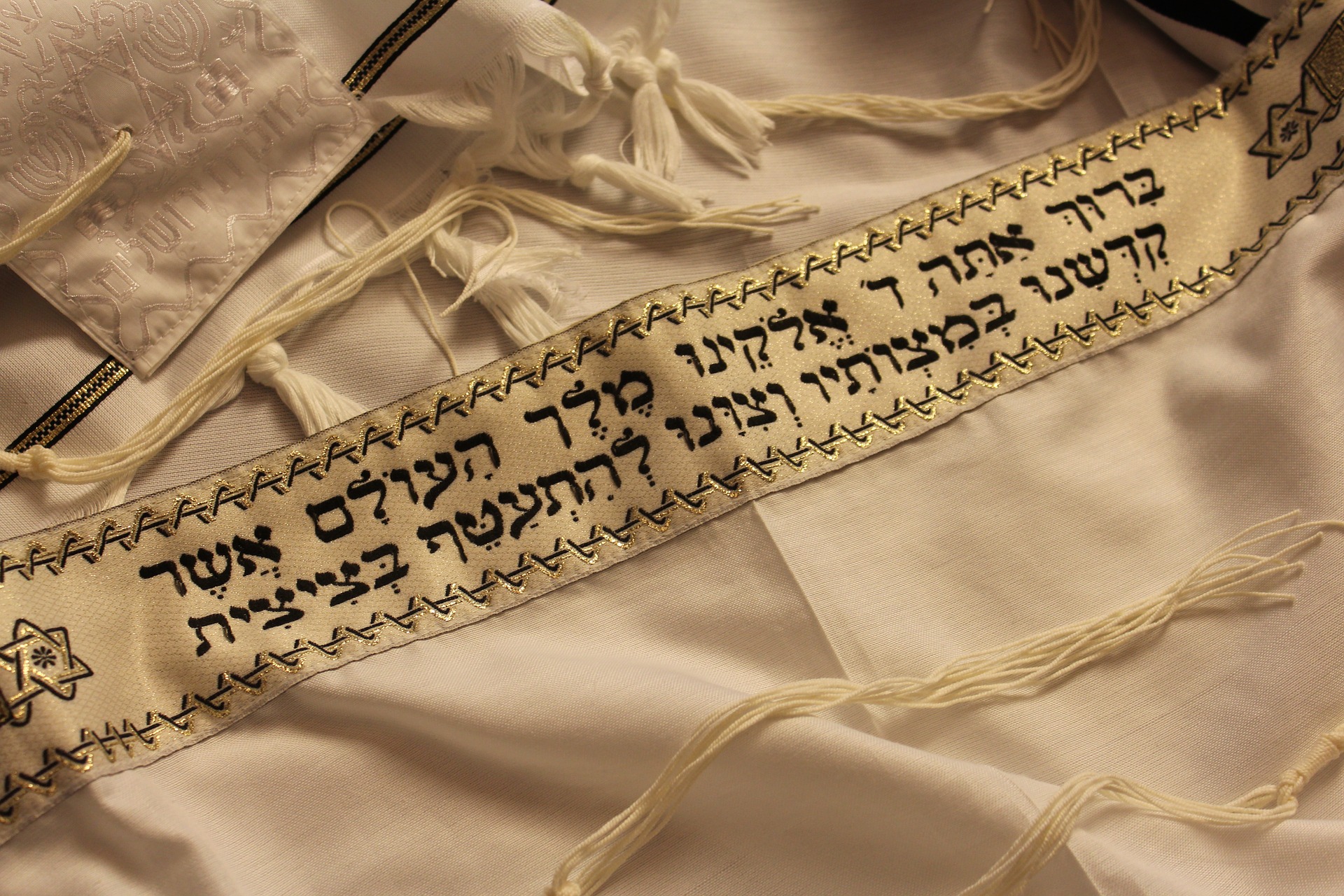
Under the Wings of the Shechina
A shoulder-high wooden barrier on wheels separates it from the men’s section. The top is lattice—easy to see through to the Ark that holds the Torah scrolls. Sometimes I am alone in the women’s section, but more often there is one other woman there, much younger than me, also saying kaddish for her father. Rarely one or two other women are there for annual yahrzeit prayers.
I love the low murmur of men davening. Familiar, comforting and holy, this sound evokes a time when my mother, not my father, would take me, not my three brothers, with her to Shabbos morning services every week. In those days, we belonged to a shul where men and women sat intermingled, but only men led prayers and davened in a traditional undertone.
I ease into the rhythm of praying. Keeping the pace is challenging, but in a way that mostly feels good, like drafting the wheel of the cyclist ahead of you in a high wind.
In a few minutes we stand for Shmoneh Esrehi. The room becomes quieter as each person mouths the 19 blessings without breathing them aloud. I say the Hebrew the way I want, calling on HaShem, God of our Fathers, Abraham, Isaac and Jacob, and of our Mothers, Sarah, Rebecca, Rachel, Leah, Bilhah and Zilpah. I thank Shechina for giving us knowledge, and pray that She heal my family and friends who are suffering. I thank Him for the joy of a new day and ask Her blessing on my children, brothers, sisters-in-law and their children and grandchildren. I stumble over an unfamiliar void, the sudden absence of struggle to find the best words to pray gently but honestly for my frail and challenging parents. I ask HaShem to bless the whole world with peace, especially our children, Israeli and Palestinian, Jewish, Muslim and Christian, who are building bridges for peace. As I am about to finish by taking three steps back and bowing to left, right and center, the leader has already begun the out-loud repetition of these same prayers. I wonder how it feels to God in her close, female, intimate Self, to be called into this very traditional, male space.
As that half-formed thought flows through my mind, the air stirs, and I sense an enormous winged Presence hovering over the Ark. I cannot see a face; maybe it is tucked under one wing. Silver and black wavy hair cascades down Her back, and the silvery white shimmer of Her wings illuminates the room.
In the midst of this minyan that I attend for reasons I do not understand, this minyan that seems both familiar and strange, a sense of quiet joy shelters me.
This is Eva Hutt’s second Lilith publication. Since the last one (winter 1976-77), she has raised two children, practiced geriatric medicine and palliative care in the U.S. and among the Abayudaya community in Uganda, cared for aging parents at the end of life and enjoyed the outdoors in Colorado, where she currently lives.
The views and opinions expressed in this article are the author’s own and do not necessarily reflect those of Lilith Magazine.



